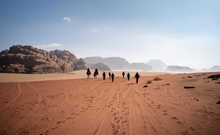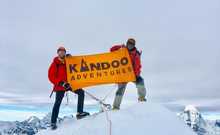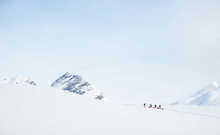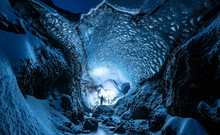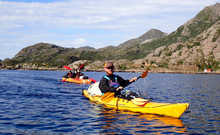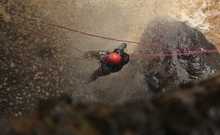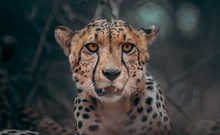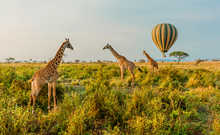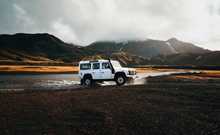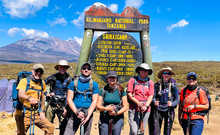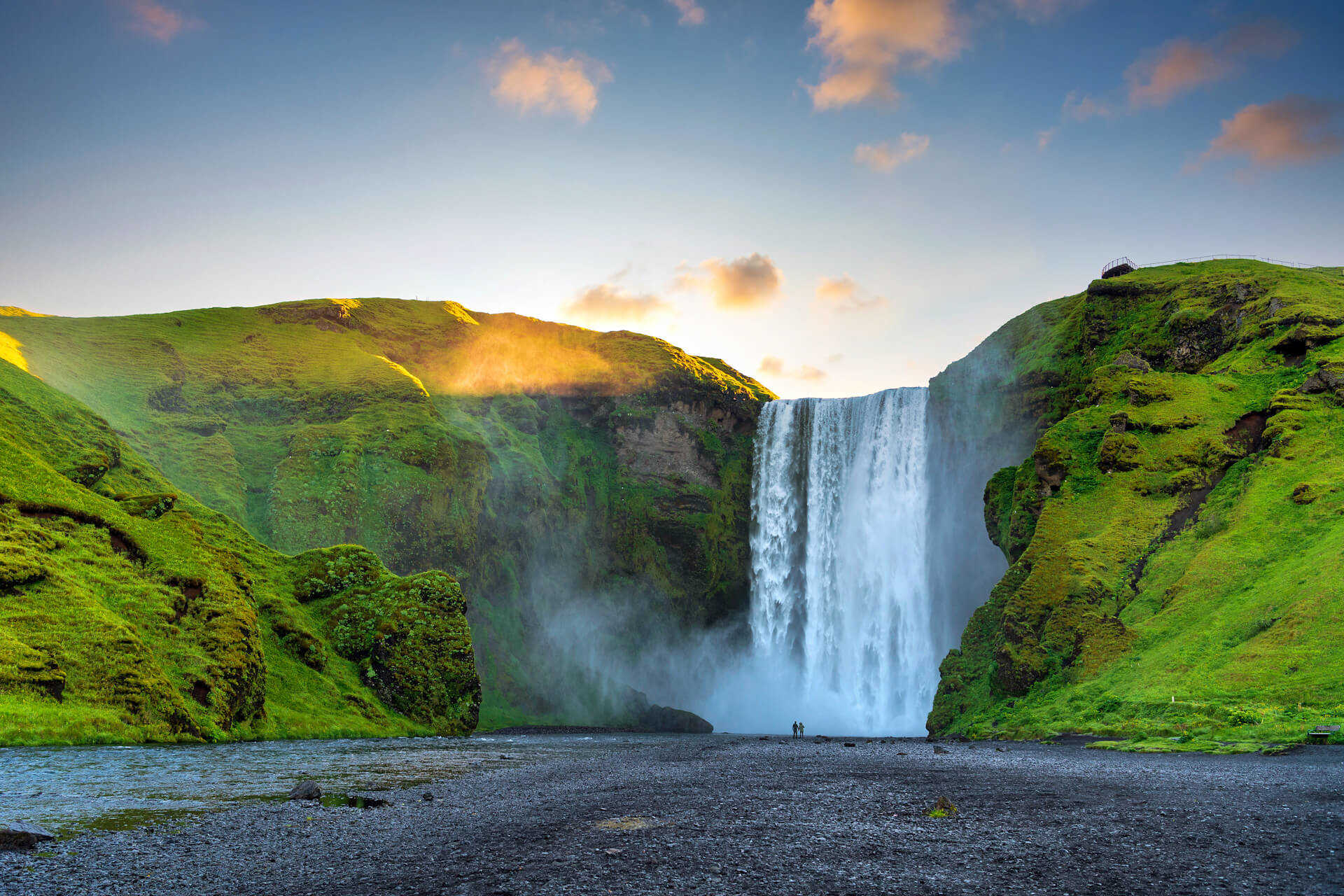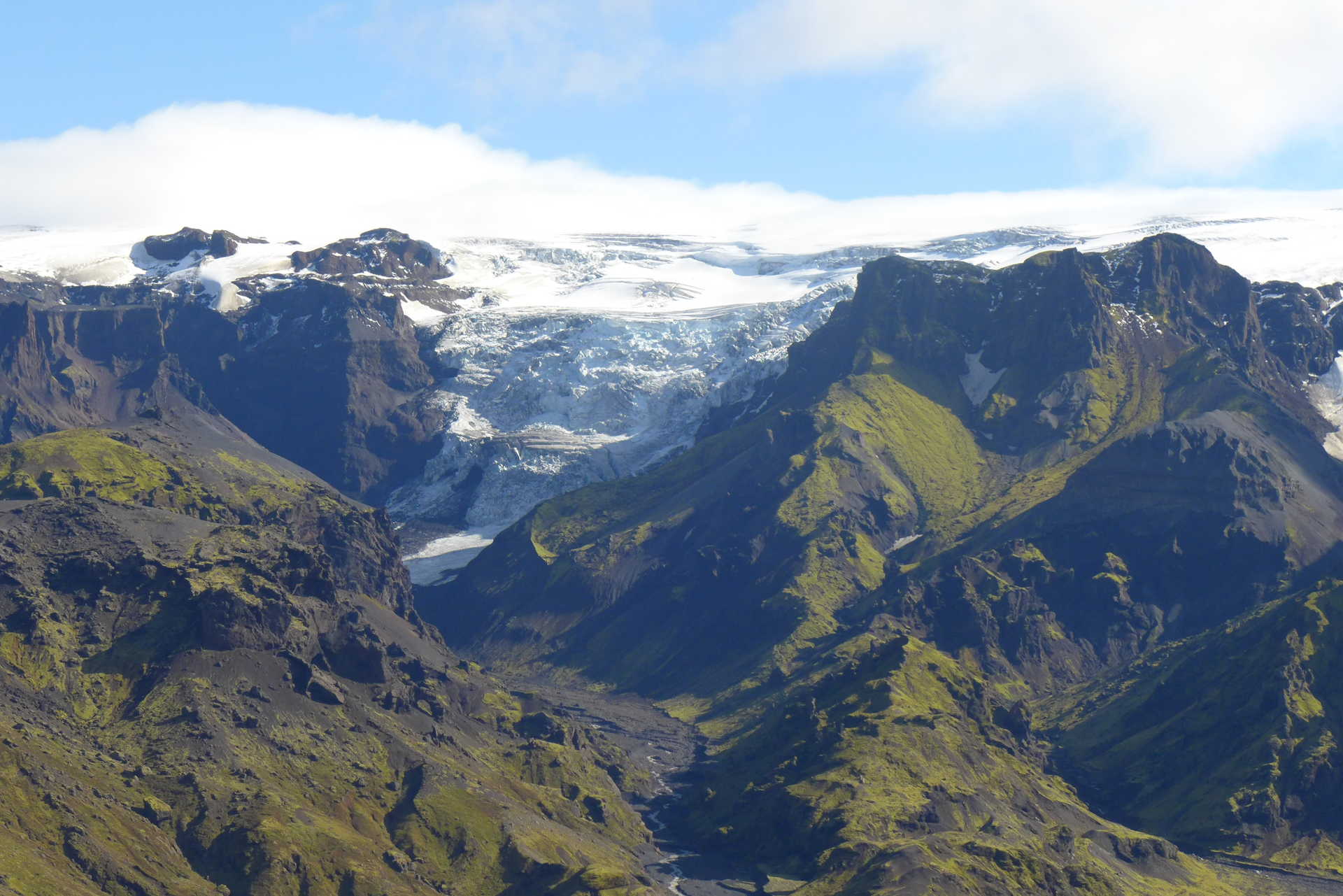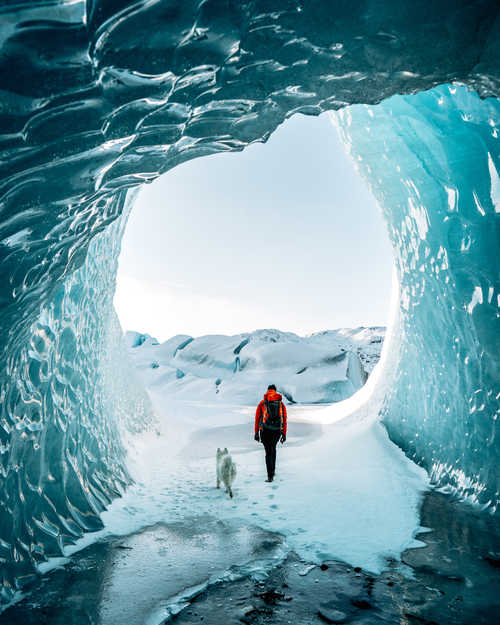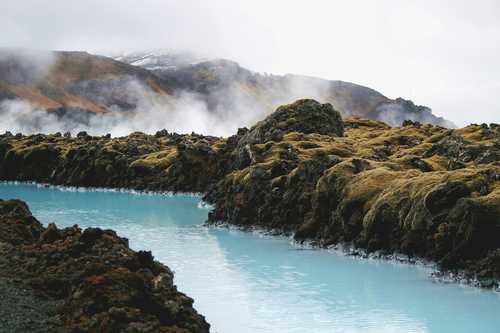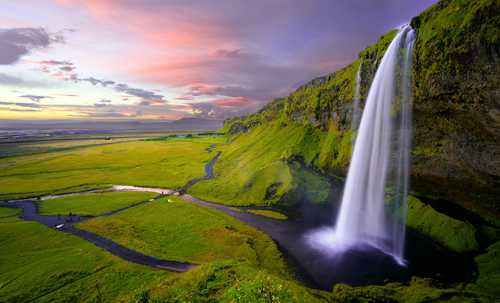
Geography
More than two thirds of the 334,000 inhabitants live in or
around the capital city of Reykjavik. Icelandic people have a great respect and
connection with their countryside. With seemingly endless pristine and unspoilt
landscapes, it is easy to think of the whole island as one national park. In
fact, Iceland has three recognised national parks, they are Snæfellsjökull in
the west, Vatnajökull in the south east and Þingvellir in the south.
Iceland is rich with birdlife and marine mammals.
Ornithologists flock to the island in the summer nesting season to see puffins,
kittiwakes and skuas who nest on the sea cliffs. In the waters around the island
there are seals, whales, dolphins and over 300 fish species. Land mammals
include the arctic fox, mink, reindeer and occasionally polar bears.
